“On the other hand, the mass of ignorant Negroes still breed carelessly and disastrously, so that the increase among Negroes, even more than the increase among whites, is from that part of the population least intelligent and fit, and least able to rear their children properly.” ~ W.E.B. DuBois, Professor of Sociology, Atlanta University. “Black Folk and Birth Control.” [Margaret Sanger’s] Birth Control Review, Volume XXII, Number 8 (New Series, May 1938, the “Negro Number”), page 90.
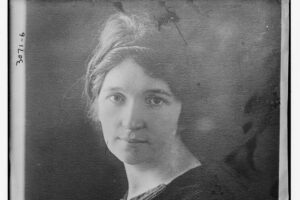 The Early Years
The Early Years
Margaret Sanger was born in 1879 in New York, one of 11 children born into an impoverished family. Her mother was Catholic, her father an atheist. Her mother had several miscarriages and died at an early age. Though the cause of death was listed as tuberculosis, Margaret always attributed her early death to the fact that her mother was weak from bearing so many children. This deep-seated disdain for large families would encompass her life and contribute to a belief that women should limit – or be limited – in the number of children they have. Continue reading

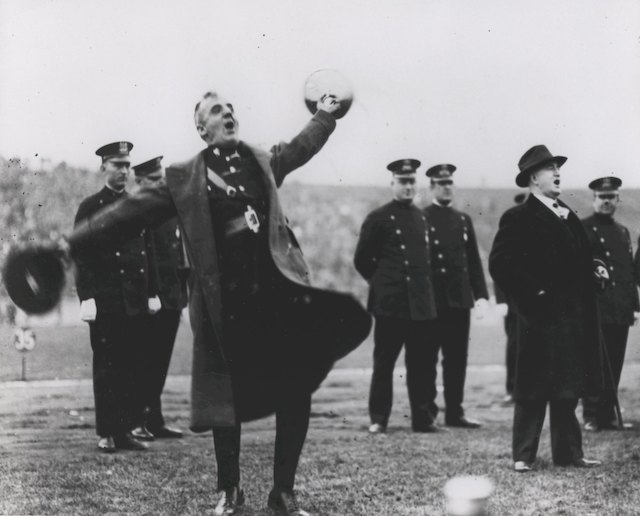
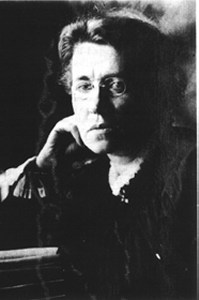 ~ Prologue ~
~ Prologue ~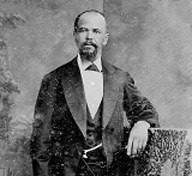 Alexander H. Darnes (c.1840 – February 11, 1894) was an African American who was born into slavery in St. Augustine, Florida and became the first black doctor in Jacksonville, Florida.
Alexander H. Darnes (c.1840 – February 11, 1894) was an African American who was born into slavery in St. Augustine, Florida and became the first black doctor in Jacksonville, Florida.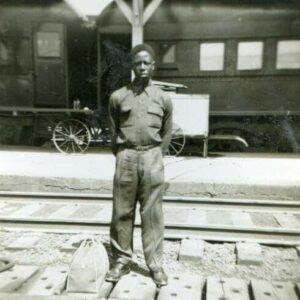 See the young man in this picture? He was 18 years old when it was taken at the train station in Mobile, Alabama, in 1952. There is $1.50 in his pocket. In that bag by his foot are two changes of clothes. (And if his mama was anything like most other mamas in the South, probably some sandwiches and other snacks.) He was on his way to Indiana to take a job.
See the young man in this picture? He was 18 years old when it was taken at the train station in Mobile, Alabama, in 1952. There is $1.50 in his pocket. In that bag by his foot are two changes of clothes. (And if his mama was anything like most other mamas in the South, probably some sandwiches and other snacks.) He was on his way to Indiana to take a job.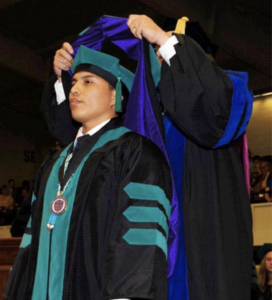
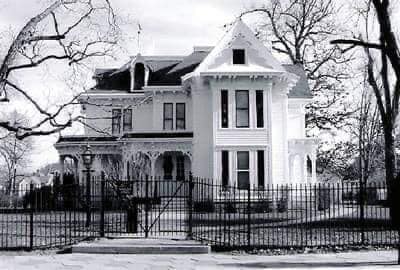 Harry Truman was a different kind of President. He probably made as many, or more important decisions regarding our nation’s history as any of the other 32 Presidents preceding him. However, a measure of his greatness may rest on what he did after he left the White House.
Harry Truman was a different kind of President. He probably made as many, or more important decisions regarding our nation’s history as any of the other 32 Presidents preceding him. However, a measure of his greatness may rest on what he did after he left the White House.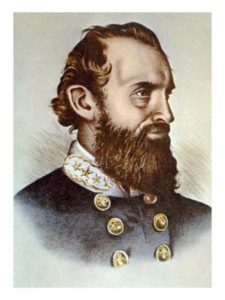
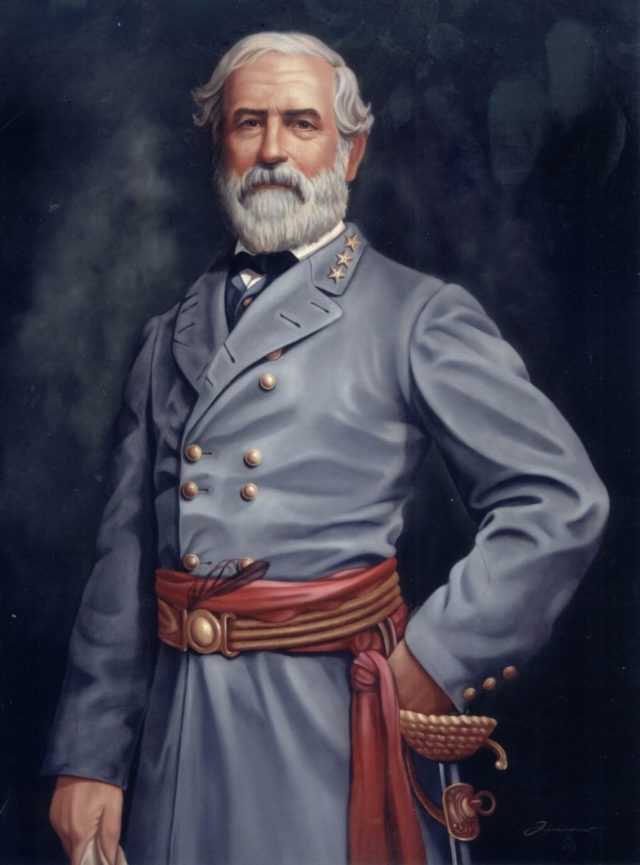
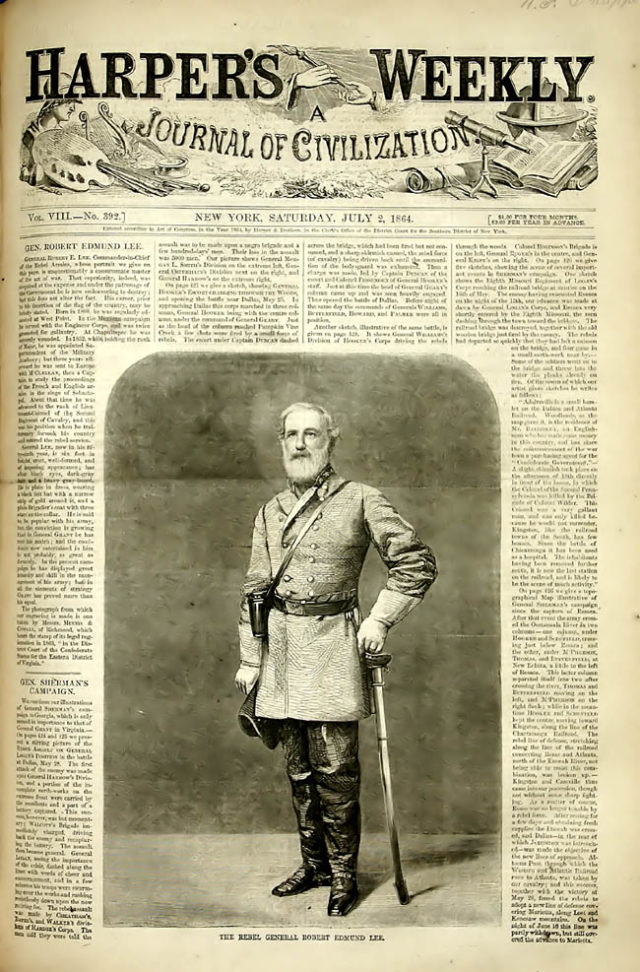
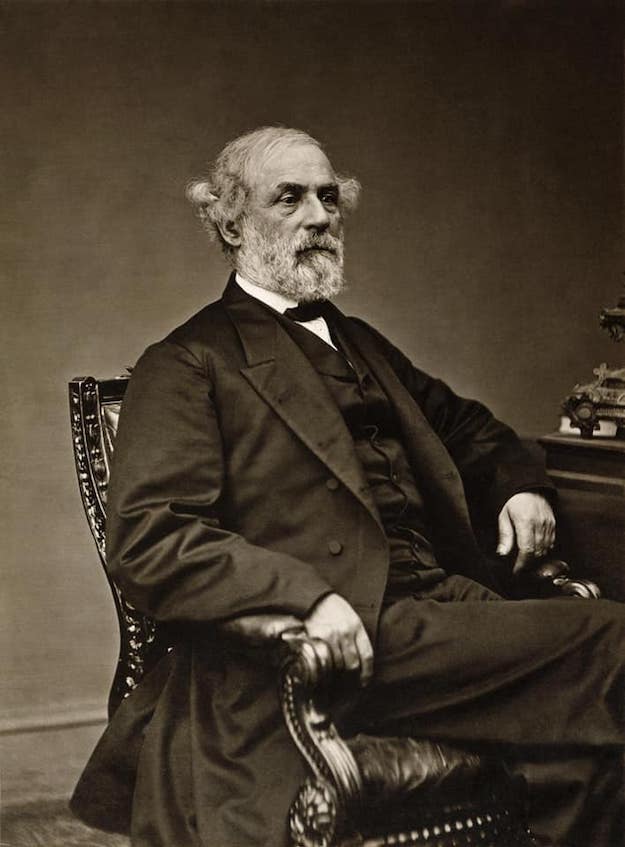
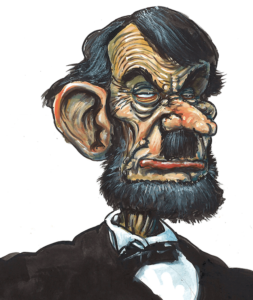 Today Abraham Lincoln remains America’s most popular president and its historians devote enormous efforts to ensuring that his reputation survives unscathed. Yet during his presidency he was hated by millions and in 1865 he was assassinated. Even before the Civil War he was loathed by perhaps a majority of his fellow countrymen and in the presidential election of 1860, 61 per cent of the electorate voted against him.
Today Abraham Lincoln remains America’s most popular president and its historians devote enormous efforts to ensuring that his reputation survives unscathed. Yet during his presidency he was hated by millions and in 1865 he was assassinated. Even before the Civil War he was loathed by perhaps a majority of his fellow countrymen and in the presidential election of 1860, 61 per cent of the electorate voted against him. The movement of people from one location to the other has been the backbone of the interaction between societies and civilizations. Over human history, people have had to move from familiar to none familiar locations, for various reasons.
The movement of people from one location to the other has been the backbone of the interaction between societies and civilizations. Over human history, people have had to move from familiar to none familiar locations, for various reasons.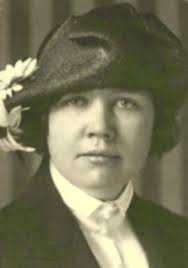 My eight-year-old daughter Abby recently started reading Little House in the Big Woods by Laura Ingalls Wilder. It was prompted, in part, by watching the Little House on the Prairie television episodes with her great-aunt. Coincidentally, I have been reading more lately about some of the key women in history who promoted the ideals of individual freedom, limited government, non-coercion, and voluntary cooperation through trade. Rose Wilder Lane is one of these women. She was born on this day in 1886.
My eight-year-old daughter Abby recently started reading Little House in the Big Woods by Laura Ingalls Wilder. It was prompted, in part, by watching the Little House on the Prairie television episodes with her great-aunt. Coincidentally, I have been reading more lately about some of the key women in history who promoted the ideals of individual freedom, limited government, non-coercion, and voluntary cooperation through trade. Rose Wilder Lane is one of these women. She was born on this day in 1886. As someone who slides into the back-end of the Gen-X generation, my view of the Rev. Jesse Jackson has always been basically the same. My charitable view of Jackson had been that he is a gifted speaker with a great deal of media savvy; that he cares deeply for people, but sometimes offers dubious solutions to social problems because he can misdiagnose the cause of a given social affliction.
As someone who slides into the back-end of the Gen-X generation, my view of the Rev. Jesse Jackson has always been basically the same. My charitable view of Jackson had been that he is a gifted speaker with a great deal of media savvy; that he cares deeply for people, but sometimes offers dubious solutions to social problems because he can misdiagnose the cause of a given social affliction.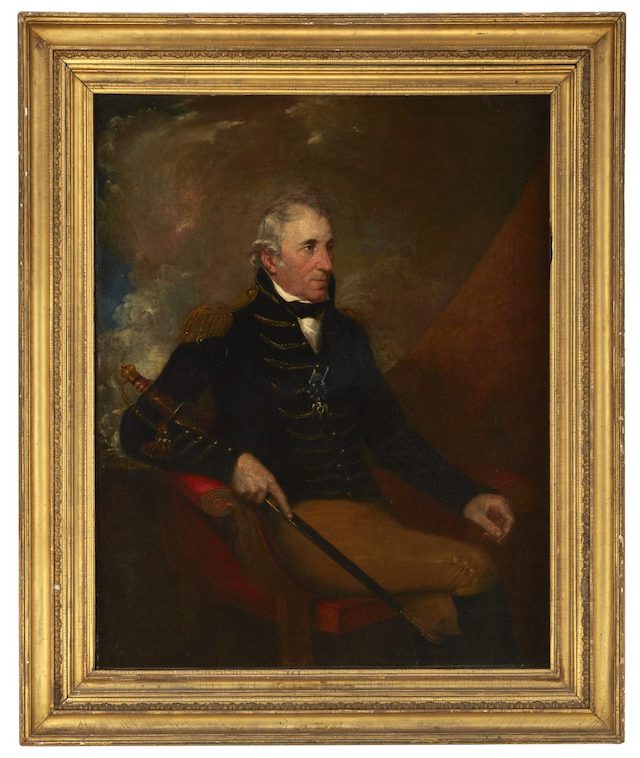 American independence was won by men who refused to be beaten—who were defeated and rose again, battered but determined. That’s the lesson we can learn from the battlefield of Camden and from the story of Thomas Pinckney, a remarkable young man who embodied the courage it took to win our independence.
American independence was won by men who refused to be beaten—who were defeated and rose again, battered but determined. That’s the lesson we can learn from the battlefield of Camden and from the story of Thomas Pinckney, a remarkable young man who embodied the courage it took to win our independence. 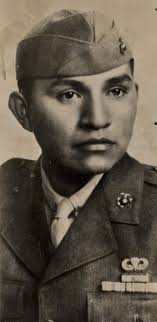
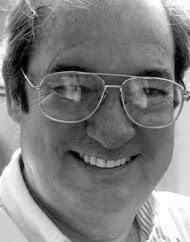 ~ Forewords: November 5, 2001 ~
~ Forewords: November 5, 2001 ~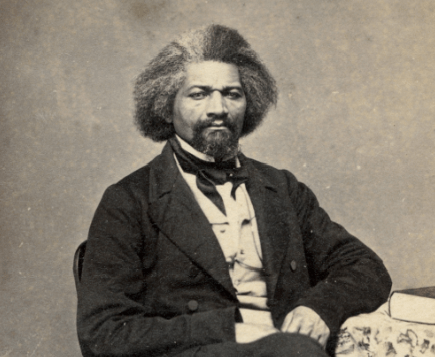
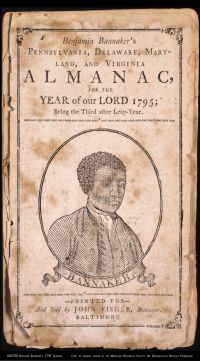 Benjamin Banneker (1731-1806) was an African-American mathematician, surveyor, astronomer, and publisher of a popular almanac. Banneker wrote a now-famous letter to Thomas Jefferson on August 19, 1791, arguing eloquently that “…however variable we may be in Society or religion, however diversifyed in Situation or colour, we are all of the Same Family, and Stand in the Same relation to him [God].”[
Benjamin Banneker (1731-1806) was an African-American mathematician, surveyor, astronomer, and publisher of a popular almanac. Banneker wrote a now-famous letter to Thomas Jefferson on August 19, 1791, arguing eloquently that “…however variable we may be in Society or religion, however diversifyed in Situation or colour, we are all of the Same Family, and Stand in the Same relation to him [God].”[